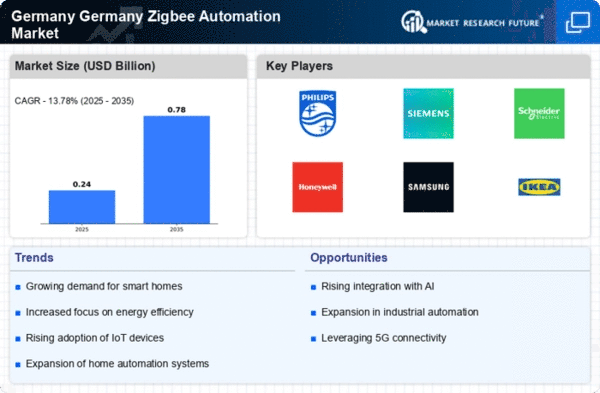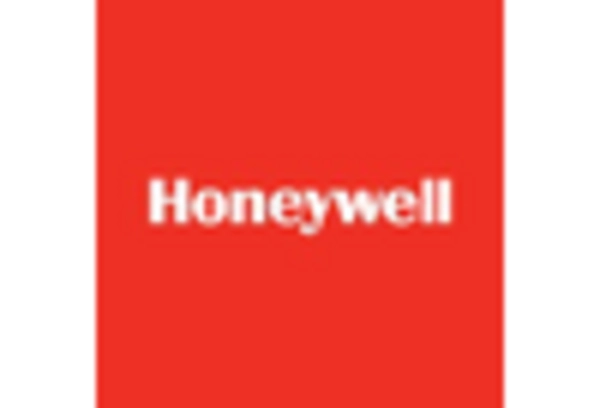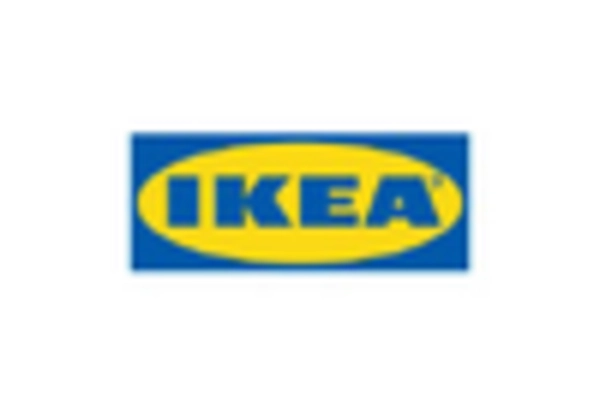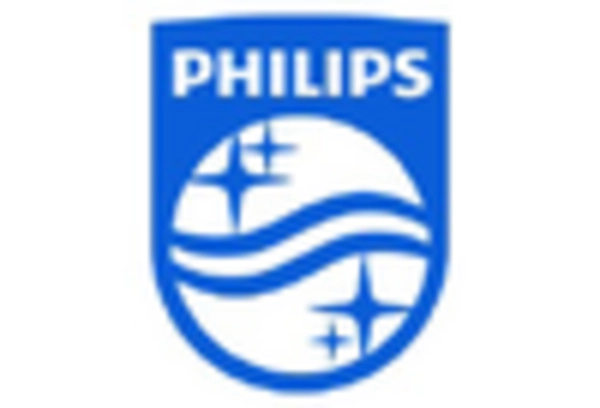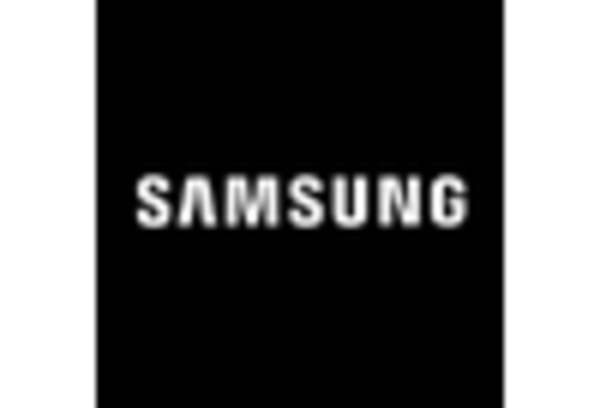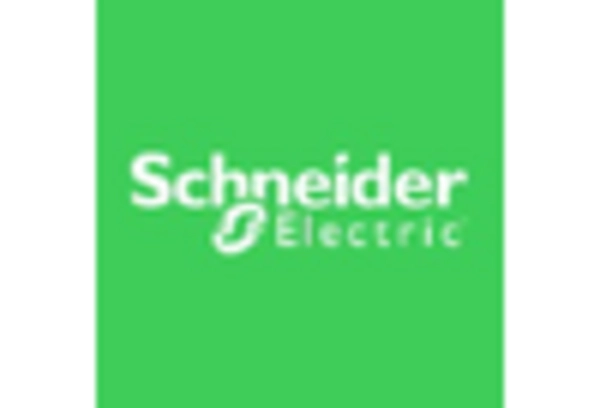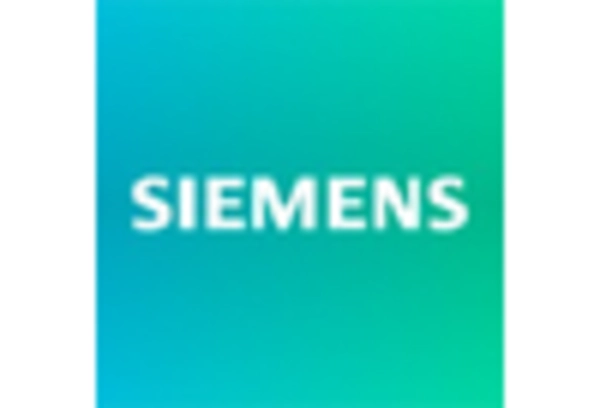Integration of IoT Technologies
The integration of Internet of Things (IoT) technologies is a pivotal driver for the Germany Zig Bee Automation Market. As industries increasingly adopt IoT solutions, Zig Bee technology facilitates seamless communication between devices, enhancing automation capabilities. In Germany, the IoT market is projected to grow significantly, with estimates suggesting a compound annual growth rate of over 20% in the coming years. This growth is likely to spur demand for Zig Bee-enabled devices, as they offer reliable and low-power communication solutions. Furthermore, the German government has been actively promoting IoT initiatives, which may further bolster the Zig Bee Automation Market. The synergy between IoT and Zig Bee technologies appears to create a robust ecosystem that supports smart city developments and industrial automation, thereby driving market expansion.
Consumer Awareness and Education
Consumer awareness and education regarding smart technologies are emerging as vital drivers for the Germany Zig Bee Automation Market. As consumers become more informed about the benefits of automation and smart home solutions, the demand for Zig Bee-enabled products is likely to increase. Educational campaigns and marketing efforts by manufacturers and industry stakeholders are essential in promoting the advantages of Zig Bee technology, such as interoperability and energy efficiency. In Germany, surveys indicate that a significant percentage of consumers are interested in smart home solutions, yet many remain unaware of the specific technologies available. By enhancing consumer knowledge and understanding, the Zig Bee Automation Market can potentially expand its customer base. This growing awareness may lead to increased adoption rates of Zig Bee solutions, further driving market growth in Germany.
Supportive Regulatory Environment
The regulatory environment in Germany is increasingly supportive of automation technologies, which serves as a crucial driver for the Zig Bee Automation Market. The German government has implemented various policies aimed at fostering innovation and technological advancement. For instance, initiatives promoting smart grid technologies and energy-efficient solutions are likely to benefit Zig Bee applications. The European Union's commitment to reducing carbon emissions and enhancing energy efficiency aligns with the capabilities of Zig Bee technology, which is known for its low power consumption. This regulatory support may encourage investments in Zig Bee automation solutions, as companies seek to comply with environmental standards while enhancing operational efficiency. As a result, the favorable regulatory landscape is expected to stimulate growth in the Zig Bee Automation Market in Germany, attracting both domestic and international players.
Increased Focus on Home Automation
The growing trend towards home automation is a significant driver for the Germany Zig Bee Automation Market. As consumers increasingly seek convenience and energy efficiency, Zig Bee technology provides an effective solution for smart home applications. In Germany, the smart home market is expected to reach a valuation of approximately 5 billion euros by 2026, indicating a strong demand for Zig Bee-enabled devices. This technology allows for the integration of various home appliances, lighting systems, and security devices, all controllable through a single platform. The appeal of enhanced security, energy savings, and user-friendly interfaces is likely to attract more consumers to adopt Zig Bee solutions. Consequently, the rising interest in home automation is expected to propel the growth of the Zig Bee Automation Market in Germany, as manufacturers respond to this demand with innovative products.
Rising Demand for Industrial Automation
The increasing demand for industrial automation is a notable driver for the Germany Zig Bee Automation Market. As German industries strive for greater efficiency and productivity, the adoption of automation technologies becomes imperative. Zig Bee technology, with its ability to facilitate wireless communication among industrial devices, is well-positioned to meet this demand. The German manufacturing sector, a cornerstone of the economy, is projected to invest heavily in automation solutions, with estimates suggesting a market size of over 10 billion euros by 2026. This trend is likely to drive the adoption of Zig Bee-enabled devices in factories and production facilities, enhancing operational efficiency and reducing costs. The convergence of Industry 4.0 principles with Zig Bee technology appears to create a fertile ground for innovation, thereby propelling the growth of the Zig Bee Automation Market in Germany.


